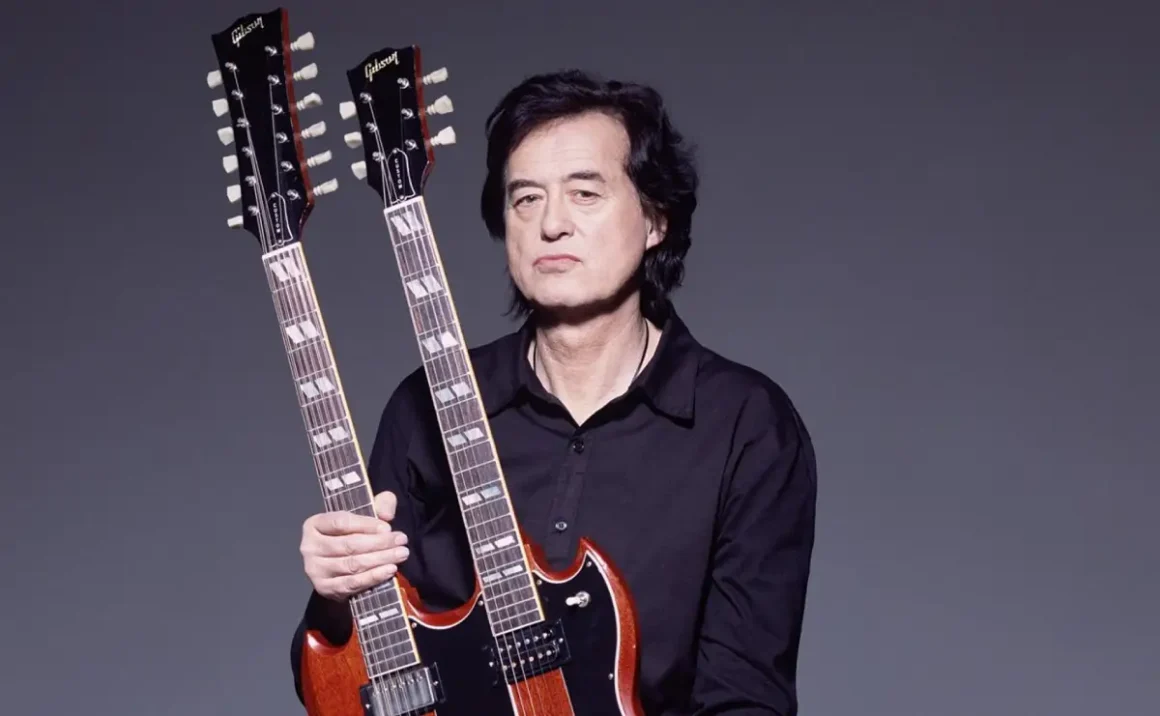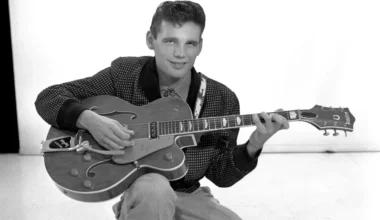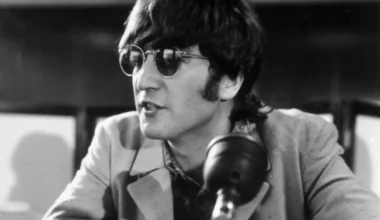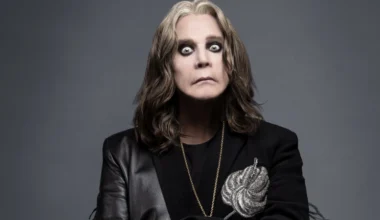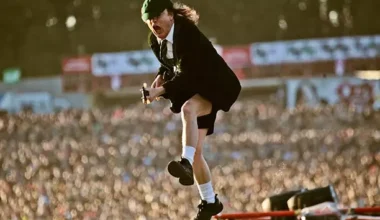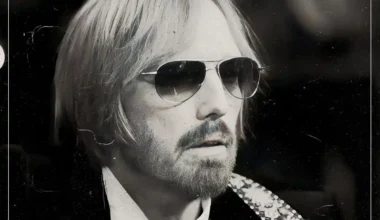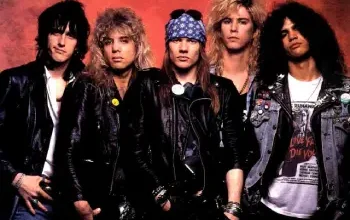Jimmy Page has long aspired to lead the rock music scene. Even though he began his career performing the same type of skiffle music as nearly every rock and roller of the early 1960s, as soon as he began recording sessions, he became more interested in exploring musical possibilities beyond the single-minded concept. While Led Zeppelin served as a fertile field for his musical explorations, he believed that The Pretty Things was one of the bands that truly revolutionized modern music.
The Pretty Things were still a bit of an anomaly in comparison to every other rock group from that era that was bordering on psychedelics. Their sound is ideal for playing in an environment full of Jefferson Airplanes. However, they weren’t simply concerned with jamming; they were also eager to write songs that would explode in your ears.
The Pretty Things were ahead of the curve with their album S.F. Sorrow, even if The Beatles were still at the forefront of concept album innovation. This album, released a full year before Pete Townshend had the notion to dream bigger with Tommy, essentially recounted the story of one guy from beginning to end. It almost takes up where Paul McCartney left off.
Even Page could concede that The Pretty Things were something remarkable, even though he was still more interested in certain tunes. Speaking about his beginnings with Uncut, Page described how the band The Pretty Things’ song “Rosalyn” was extremely avant-garde for its day. “They were a band that was experimenting with their sound. They probably had one of the greatest hits back in the day with ‘Rosalyn,'” Page said. That is indeed serious.
“Rosalyn” remains one of the more peculiar pop-rock tunes from that era when compared to other tracks in the genre. The song’s snarl is much more akin to what bands like MC5 would be doing a few years later. It almost removes the basis of rock and roll and starts over with a lot more attitude, even if it still had a bluesy core.
Not just Page understood the song’s potency. David Bowie, a fellow pioneer, covered the song on the album Pin Ups, years after it was released. Bowie never intended to release a cover album. However, you can still hear his excitement when he performs the song. It almost feels too much like a fit for his Ziggy Stardust image.
Page gave The Pretty Things a fresh life, even if they never received the same recognition as their psychedelic contemporaries. Being among the first artists signed to Zeppelin’s Swan Song label, their music coincidentally aligned with Zeppelin’s interests. This was particularly evident given their transformations on Physical Graffiti.
Although garage rock has never really fit into the radio-rock landscape, The Pretty Things are nevertheless deserving of recognition. They belong in a place behind groups like The Stooges and MC5 for bringing R&B back to earth. Page’s interest in the failing bands demonstrated that he was still keeping an ear out for the real innovators. Even while Zeppelin was still exploring the limits of what a rock band could achieve as a cultural force.

